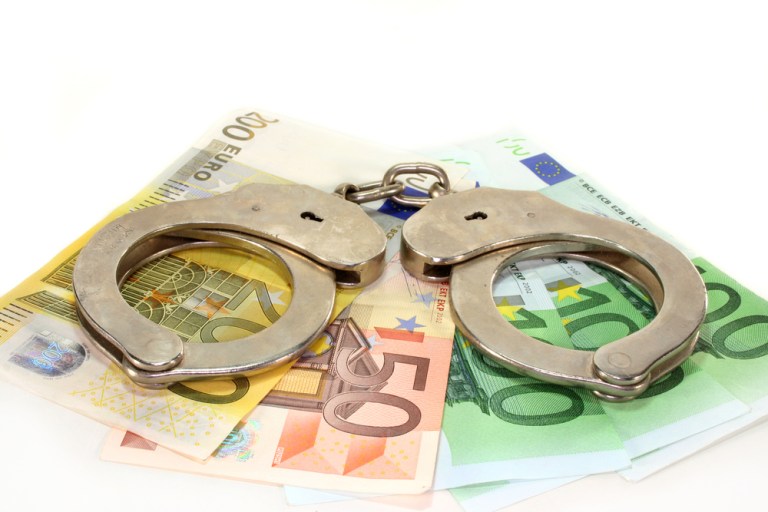Money Laundering Reaches Record Numbers In Europe

The head of Europol is calling for tighter controls after the organization found that money laundering goes mostly uninvestigated, despite the fact that it has reached record numbers across the region.
Reuters reported news that while European banks flagged almost one million transactions suspected of laundering money in 2014 (the latest year for which data is available), only one in 10 was investigated. Europol is now requesting that banks improve the data they provide to law enforcement officials.
“The most surprising thing is the consistent figure of 10 percent … investigated by police,” said Europol’s Executive Director Rob Wainwright. “We haven’t gone far enough.”
Europol’s analysis shows a steady rise in money laundering to almost one million suspect cases in 2014 — 17 percent higher than the previous year and more than two-thirds up from 2006.
In Italy, for example, the money involved in such transactions amounted to 164 billion euros ($195 billion) in 2014 — roughly one-tenth of the country’s economy. Yet Europol estimates the amount confiscated as a result of any police investigation was barely 1 percent of criminal proceeds in the European Union.
Europol’s report also found that two-thirds of transactions suspected of laundering money in Europe come from Britain and the Netherlands, due in part to the size of the financial centers in London and Amsterdam.
Rob Wainwright said that the money being laundered was primarily proceeds of illegal drug sales and that there had been a rise in the number of professional money laundering syndicates, who took a commission for their service.
“[Illegal] drugs is still the single largest criminal sector,” he said. “That cash has to get into the system. It is used to fund the lifestyle of the criminal godfathers.”
Last year, it was reported that the European Commission was considering changes to how it monitors money laundering as part of its fight to cut off easy financing for terrorist organizations.